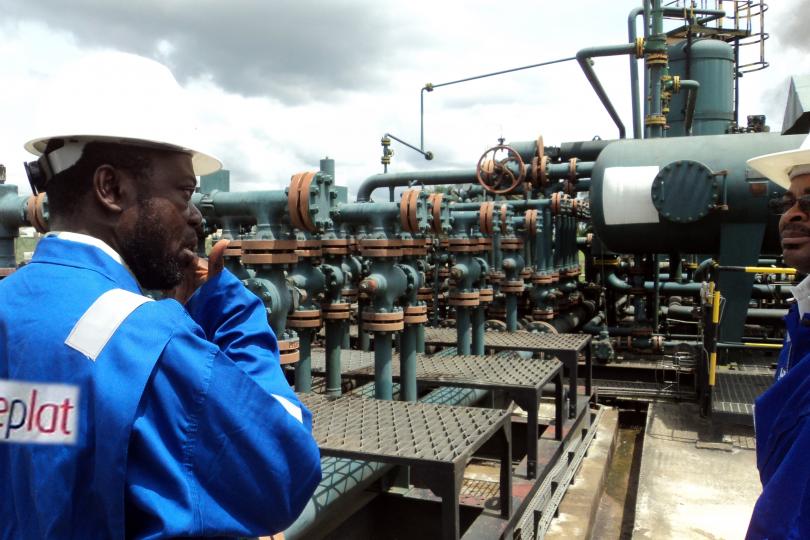- US Companies Invest $1.3bn in Nigeria
United States of America’s companies operating in Nigeria invested $1.3bn in the economy in 2017, a survey by the American Business Council has shown.
The investment, according to the council, generated over N2.6tn revenue for the 74 American companies that participated in the survey.
These are contained in the economic survey of the impact of the US companies in Nigeria, which was unveiled by the ABC in Lagos on Wednesday.
According to the report, the total tax contribution of the American companies to the Nigerian economy in 2017 was over N111bn.
While presenting the findings of the survey, the Vice-President, ABC, Daniel McGraw, stated that this was a clear indication that the US businesses were committed to contributing to the Nigerian economy by uplifting its people, increasing investment and facilitating trade.
The findings showed that approximately 11,200 indirect jobs and over 9,000 full time jobs were created by the survey participants in Nigeria in 2017.
The report noted that N1.6bn was spent on training and development in 2017 as against N340m in 2016.
“This shows the US companies’ commitment to capacity building in order to correct the deficit in labour skills,” McGraw, who is also a senior partner at the PwC, added.
He said, “Corporate social responsibility is a key area of focus for US companies in Nigeria. In 2017, the surveyed companies spent over N1.5bn on the CSR from N217m in 2016. The focus areas are education, health, infrastructure and social intervention.
“About 52 per cent of these companies identified Nigeria as a regional hub for their operations in West Africa. Most companies are inclined to consider Nigeria as a regional hub if specific industry regulatory challenges and business environment challenges are addressed.
“The survey showed that 64 per cent of the US companies have a local content target, reflecting an inclination towards localisation in areas such as products, people and supply chain.”
The council identified challenges affecting the firms’ business operations as unskilled labour force, specific industry regulations, local content, crime and security.
“Security of lives as well as Intellectual Property has been a crucial issue for US companies as this impacts investment and derails trust,” the ABC VP added.
The President, ABC, Lazarus Angbazo, noted that the US was a natural business partner of Nigeria, with many of the American companies doing business in the country since independence.
Angbazo, who is the Chief Executive Officer, General Electricity, while explaining the investment interests of the council in Nigeria, added, “The American Business Council is an integral stakeholder in the Commercial Investment Dialogue, which is intended to deepen trade investment ties between the US and Nigeria as well as designed to foster sustained engagement between the governments on concrete issues of importance to the private sector.”


 Naira4 weeks ago
Naira4 weeks ago
 Billionaire Watch4 weeks ago
Billionaire Watch4 weeks ago



 Naira4 weeks ago
Naira4 weeks ago






 Naira4 weeks ago
Naira4 weeks ago


 Naira3 weeks ago
Naira3 weeks ago






 Naira3 weeks ago
Naira3 weeks ago
 Economy4 weeks ago
Economy4 weeks ago


 Naira3 weeks ago
Naira3 weeks ago





















